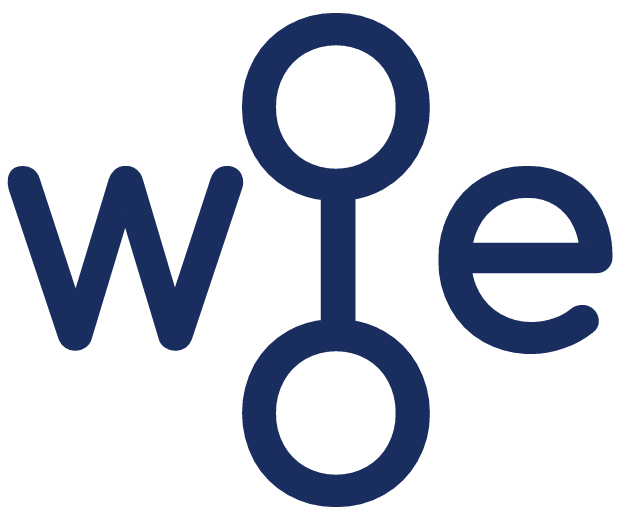
There is a reason why some drugs are considered legal and others illegal. Legal drugs are the ones you can get over the counter or prescribed by doctors. They have been tested, and their side effects are well known and controllable. A drug is considered illegal if it has not passed the safety tests, can harm the body and mind, and has unknown possible side effects.
It is understandable that parents worry about their teens starting to use drugs or alcohol. These days, drugs and alcohol are more easily accessible than ever before.
There is a reason why some drugs are considered legal and others illegal. Legal drugs are the ones you can get over the counter or prescribed by doctors. They have been tested, and their side effects are well known and controllable. A drug is considered illegal if it has not passed the safety tests, can harm the body and mind, and has unknown possible side effects.
Alcohol and tobacco are legal; therefore, it is up to the consumer to decide how much to take, keeping in mind that specific amounts can damage the body and/or mind. Public information is available about the possible harm of alcohol and tobacco, but not everyone knows where or how to find the information. Adolescents are more prone to break the rules and may decide to ignore the information given as a precaution.
What is addiction?
Addiction happens once you start taking a drug regularly and find yourself unable to stop, despite knowing it harms you.
- You can develop cravings and have a physical or psychological urge to consume it while impairing your daily living.
- You may stop going out with friends and cannot relax unless you take the drug.
- You spend most of the day thinking about the drug and neglect other activities you used to do before you started using it.
- You cannot stop thinking about the drug and feel you cannot relax until you take it.
Adolescents are more prone to break the rules and may decide to ignore the information given as a precaution. Establish a dialogue of open communication and educate about the dangers of taking drugs
Dr Emma Allende
How to recognise if your teen is taking illicit drugs
- As parents, you may find that your teens have recently changed their friends and/or changed their appearance to match their new friends. Adolescents may start different new daily routines unexpectedly.
- You may notice a change in your teen’s sleeping habits, eating habits, as well as behavioural changes.
- They may ask you for money more often, withdraw from family, show low tolerance to frustration, and have increased irritability. On the other hand, they may feel guarded and secretive.
- They may not like you to see the content on their phone and may be reluctant to complete homework or engage in academic tasks, leading to lower school performance.
- There may be a sudden change in personality, a sudden change in mood, and they may go out more often, taking longer to return home.
- They may become uncooperative, oppositional, disinhibited, lack motivation, be unable to focus, stop attending school, lock themselves in their room, and make excuses all the time.
- Your teens may show a general lack of interest and may withdraw from the family.
- They may come home with an unusual smell in their clothes.
- They may come home with fixed pupils, either dilated or constricted, despite the change in light intensity in the surroundings.
What can make my adolescent at risk of taking drugs?
- Peer pressure, wanting to fit in.
- Adolescents may take drugs to feel more at ease in social situations, especially if they like a person or feel attracted to another person.
- To cope with overwhelming negative emotions that do not go away on their own.
- To feel they can control their mood swings.
- To make a mark in front of others and try to demonstrate they can make their own decisions.
Common illicit drugs
- Stimulants—Amphetamines, speed, cocaine, etc. They can cause panic attacks, seizures, stomach cramps, paranoid ideation, and aggressive behaviours.
- Hallucinogens—LSD, magic mushrooms, etc. They can cause auditory and visual hallucinations.
- Depressants—Alcohol, heroin, morphine, barbiturates, benzodiazepines, etc. They can cause imbalance, drop blood pressure, muscle weakness, confusion, and slowed breathing, even respiratory failure in high doses, and slurred speech.
- Cannabis—Within the cannabis plant, there are different chemicals like CBD (cannabidiol) and THC (tetrahydrocannabinol). THC is psychoactive and responsible for the highs, paranoid ideation, and hallucinations. The cannabis that can be found illegally on the street is not usually pure and may be mixed with multiple other unknown substances with many different harmful side effects. This means that if you require medical assistance, it may be difficult for health professionals to figure out what you have exactly taken.
Illicit drugs are false friends
They can make you feel good for a short period of time, but soon after they affect physical health, academic performance, the inability to cope with normal life, and economic distress. When drugs are used to cope with situations, after a while, a higher amount of the same drug will be needed to get the same desired effect, and you may feel sick, panicky, and shaky until you take the drug again. This can make people aggressive as it is difficult to cope with these symptoms.
What to do? How parents can help
- Establish a dialogue of open communication and educate about the dangers of taking drugs.
- Listen without judgment.
- Set clear expectations about the family’s stance on drug use.
- Be a role model by demonstrating healthy coping mechanisms for stress.
- Reassure your teens and let them know they have your unconditional support.
- Do not hesitate in seeking professional help if you suspect substance misuse.





